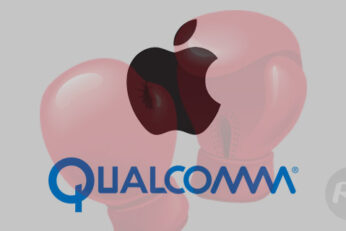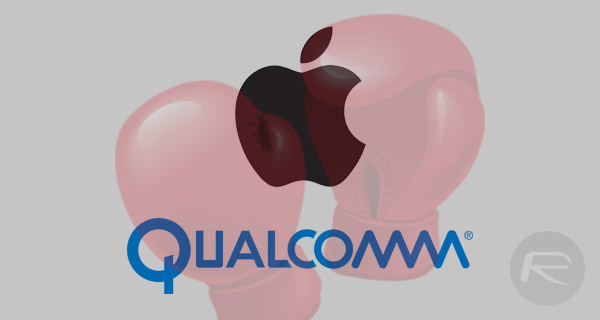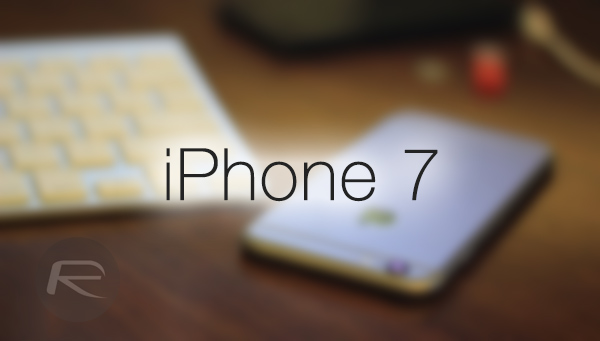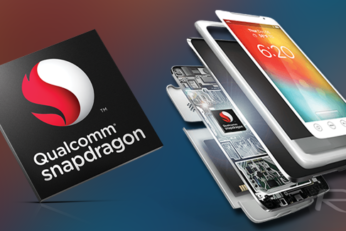Apple's battle with Qualcomm over patent infringements has today received a shot in the arm after a host of its friends and competitors in the technology world, including Samsung, rallied to offer support.
Qualcomm has asked the ITC to block all imports of a number of iPhone and iPad models in the US, accusing Apple of infringing six of its patents relating to carrier aggregation and technologies that allow iPhones to save battery life.
Apple is reportedly limiting LTE speeds on iPhone 7 model with Qualcomm modem to match speeds of Intel modem model. Here's why.
According to a new report, Intel will provide modems for the AT&T iPhone 7 as well as most international devices. Qualcomm, on the other hand, will make hardware that will find its way into Verizon iPhones, as well as those sold in China amongst other countries.
It's probably fair to suggest that the majority of what we would classify as "normal every day" smartphone owners have no real idea about the physical limitations of certain aspects of their devices based on the components used. As an example, some consumers do wonder why smartphones can't pack 6GB or 8GB of RAM. The amount of memory integrated into a device is generally limited by what the CPU is capable of supporting, but that could be about to significantly increase thanks to a new Qualcomm SoC release as per reports coming out of China.
Mobile processors have improved dramatically over the past five or so years, and it's now not uncommon for some of the top-end smartphones to boast the kind of power usually seen in notebooks. Qualcomm has been a major influencer of this effort to bring more power to our pockets, and following on from the announcement of its Snapdragon 800 SoC earlier on this year, the company has just taken the wraps off its successor - the Snapdragon 805. While the number change implies meager tweaks and upgrades, it brings the interesting advancement of by way of support for the Ultra-HD standard, potentially paving the way for 4K smartphones and tablets in the next couple of years.
No More Content







